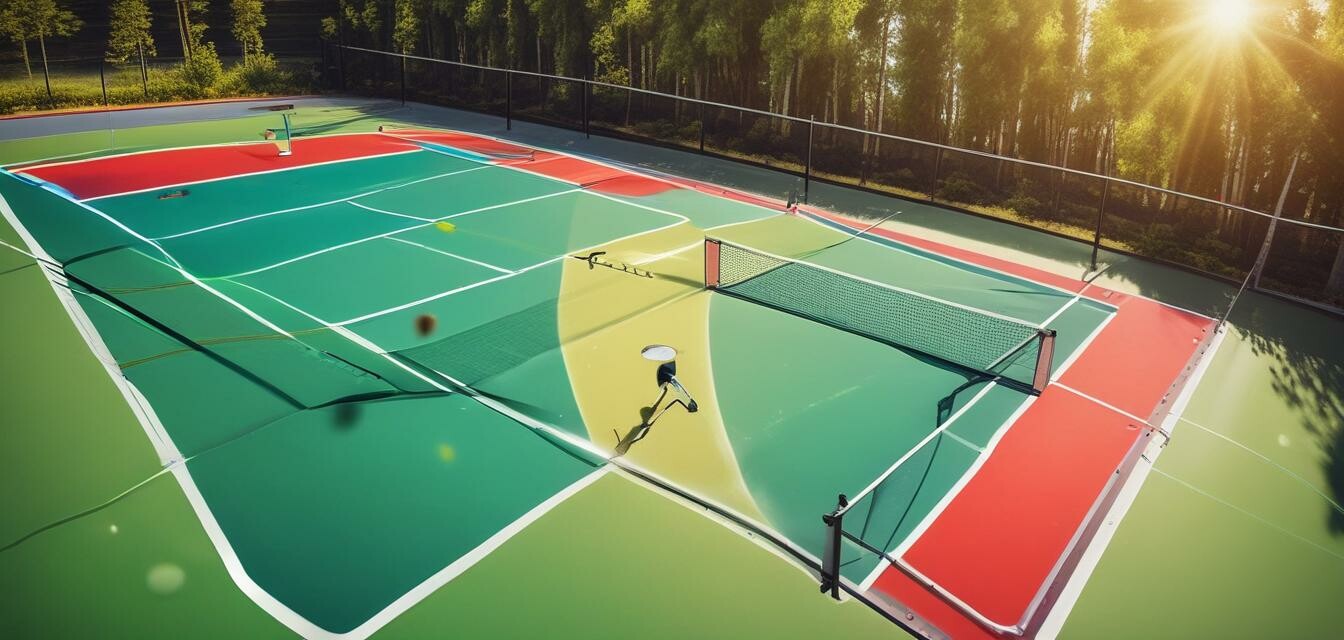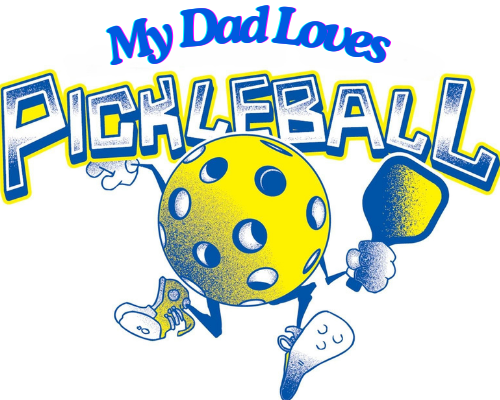
How Local Pickleball Organizations are Changing the Game
Key Takeaways
- Grassroots organizations play a critical role in growing the sport of pickleball.
- They create opportunities for players of all skill levels to participate and improve.
- Community events and local leagues foster camaraderie and support.
- These organizations are essential for talent identification and development.
- Partnerships between organizations can significantly boost the impact on local pickleball communities.
In recent years, pickleball has surged in popularity, transforming from a niche sport to a mainstream favorite. Local organizations are at the forefront of this change, serving as the backbone of the pickleball community and shaping the future of the sport. This article explores how grassroots organizations are fostering talent and creating opportunities for players, emphasizing their essential role in cultivating a vibrant and inclusive pickleball community.
The Rise of Grassroots Organizations
Grassroots organizations serve as community anchors, bringing together players from all backgrounds. These groups often form around community centers, schools, and parks, where they offer resources, instruction, and a sense of belonging. Below are some key functions of these organizations:
| Function | Description |
|---|---|
| Training and Coaching | Providing skills development and coaching to players of all levels. |
| Local Leagues | Organizing leagues that allow players to compete and improve in a friendly environment. |
| Community Events | Hosting tournaments and social events to engage players and build community. |
| Partnerships and Outreach | Collaborating with schools and local businesses to promote pickleball. |
Building Community and Fostering Talent
Local pickleball organizations create a supportive environment that nurtures talent and encourages participation.
Creating Opportunities
These organizations open doors for players by offering:
- Free Workshops: Introduction to pickleball for beginners.
- Skill Clinics: Advanced training sessions for competitive players.
- Junior Programs: Initiatives focused on younger players to cultivate future talent.
Enhancing Social Connections
Social engagement is key to building a strong community. Local organizations help unite players through:
- Regular meetups and practice sessions.
- Creating online forums and chat groups for discussions and advice.
- Networking opportunities that connect players with local coaches and clubs.
Impact on Pickleball Growth
The influence of local organizations is evidenced by the growth in player participation and interest in the sport. As more people become involved, the need for structured play and skill development increases.
| Impact Area | Measurement Before Organizations | Measurement After Organizations |
|---|---|---|
| Player Participation | Less than 100 players | Over 500 players |
| Tournaments Held | 1-2 per year | 10+ per year |
| Age Diversity | Mostly adult players | Players of all ages, including youth |
Challenges Faced by Local Organizations
Despite their positive impact, local pickleball organizations encounter several challenges:
- Funding: Securing financial support for events and resources.
- Awareness: Increasing visibility to attract new members and sponsors.
- Facility Access: Competing for space in public facilities with other sports.
Success Stories
Countless stories highlight the success of local organizations in transforming lives through pickleball. Below are a few inspiring initiatives:
- Pickleball for Kids: A local organization that offers free clinics specifically for children, sparking interest in the sport from a young age.
- Senior Leagues: Initiatives that target older adults provide a welcoming atmosphere for retirees to engage in physical activity and socialize.
- Adaptive Pickleball: Programs designed to include individuals with disabilities, emphasizing inclusivity within the sport.
The Future of Pickleball Organizations
As pickleball continues to gain momentum, local organizations are poised for an even greater role in shaping the future of the sport. Collaboration between different organizations can lead to:
- Shared resources and coaching expertise to enhance player experience.
- Joint fundraising efforts to improve facilities and expand programs.
- More extensive outreach initiatives to educate communities about pickleball.
Conclusion
Local pickleball organizations play a pivotal role in changing the game. From fostering talent to building a welcoming community, their efforts are essential for the sport's continued growth. By supporting these groups and participating in local initiatives, you contribute to a richer, more inclusive pickleball environment for all.
Tips for Getting Involved in Your Local Pickleball Community
- Join a local club or organization to connect with fellow players.
- Attend community events and tournaments to learn more about what’s happening.
- Volunteer to help organize events or clinics in your area.
- Share your experiences and invite others to play pickleball.
- Follow local organizations on social media for updates and news.
Pros
- Create a sense of community
- Offer training and resources for players
- Promote inclusivity in sports
- Drive player retention and growth
Cons
- Limited funding opportunities
- Struggles with facility access
- A challenge to maintain high participation rates


